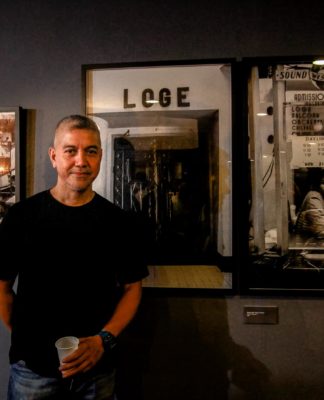FOR THE thrifty student, buying a costly book for a research requirement is unlikely. Instead, he or she would rather go to the nearest copier and have the entire material at a fraction of cost.
With photocopying prevalent in the campus, laws protecting intellectual property are subsequently rendered irrelevant, if not obscure, according to an official of the Intellectual Property Office (IPO).
“When using literary, artistic and scientific works as reference materials for research, the copyright often becomes an issue,” said lawyer Ireneo Galicia, deputy director-general of the IPO, who discussed intellectual property laws and the process of securing patents for inventions during the opening of the month-long celebration of the 45th anniversary of the Research Center for Natural Sciences at the Thomas Aquinas Research Complex auditorium last November 13.
Galicia, however, clarified that photocopying is okay as long as college professors don’t make a business out of copyrighted material, and if copies in the library are limited.
“But it is not an excuse not to buy the book,” Galicia said.
Keeping with the theme, “Honesty in Research: A Continuing Journey,” the Office for Research and Development and the University’s research centers also invited College of Science Dean Fortunato Sevilla III to talk on doing research.
“As researchers, there should be novelty of approach – originality of ideas, sense of ownership,” said Sevilla.
Speaking in front of students from the Faculty of Engineering, College of Science, and Faculty of Medicine and Surgery as well as university researchers and faculty members, Galicia explained that “intellectual Property does not refer to the property itself, but to the rights that arise from the creation of the property.”
However, Galicia pointed out that after the legal period of protection for a creation, or 50 years after the creator’s death, the material will become part of the public domain which will allow other researchers, institutions, and even students to access or use the invention for further studies.
“On the other hand, copyright prevents others from copying an author’s original expression of an idea, but this (copyright) does not bar them from using the idea itself,” Galicia added.
Intellectual Property awareness, he said, is a significant tool for economic development, and benefits not just for academicians, scientists, entrepreneurs, or business executives, but also students.
“Since 2005, IPO Philippines has been focusing on the developmental aspect of the Intellectual Property. Our vision is to foster a creative and a competitive Philippines that value nurtures and uses (intellectual property) for the national development,” Galicia said. A.M.P. Dagcutan












